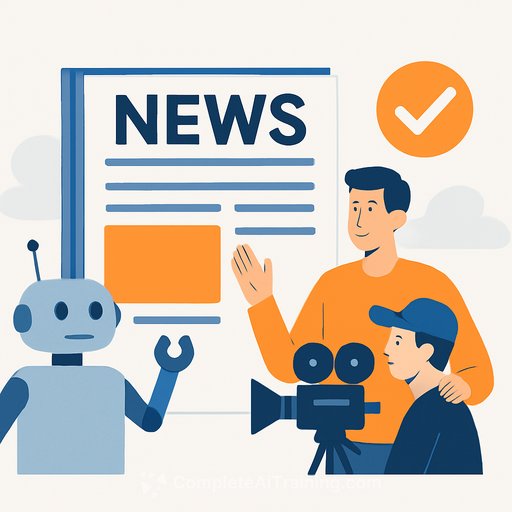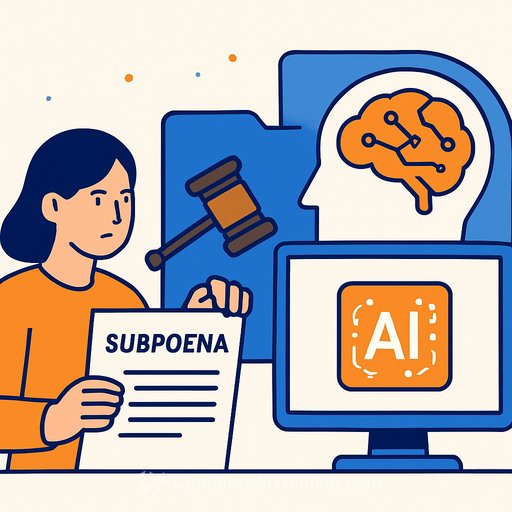Dispatch hits 1M+ sales-and AdHoc doubles down on human creativity
AdHoc's debut, Dispatch, cleared one million copies. That's a loud signal: there's still real demand for tightly written, Telltale-style episodic stories.
As the studio weighs what's next-possibly another season-their stance is crystal clear: no generative AI in the next game either. Their view is blunt: AI is useful mainly if you "aren't a creative person."
"No AI is going to do what he did"
Speaking with GamesIndustry.biz (also covered by Eurogamer), creative director Nick Hermann explained why AI voice acting is off the table.
Using Jeffrey Wright's performance as Chase, he said: "No AI is going to do what he did. He brought something to that character that we weren't expecting. I mean, his performance and Aaron [Paul]'s performance and our whole cast are bringing performances and elevating the material in a way that you're just not going to get [with AI]. You're not going to be surprised because it's built on something you've heard before if you go the AI route."
Why this matters if you create for a living
Great performances inject surprise, subtext, and imperfect human timing-the stuff you can't template. That unpredictability is often where the most memorable moments come from.
If you lead teams or ship narrative content, protect the parts of your pipeline where taste and interpretation drive outcomes. That's where your edge lives.
Practical takeaways for studios and storytellers
- Cast early and write to the strengths of your actors. Let performance reshape scenes.
- Budget for direction and retakes. Iteration with humans beats synthetic polish.
- Use AI for logistics only (scheduling, transcripts, scratch temp lines)-not final delivery.
- Lock voice likeness and consent in contracts. No training on actor data without explicit permission.
- Label prototypes clearly. Don't let placeholders drift into production.
Where AI can help-without replacing people
There's a difference between creative choices and creative support. Tools can speed table reads, generate transcripts, summarize feedback, or help spot continuity gaps. None of that replaces the performer, the writer, or the director.
If you're building a sane AI stack for production support, start small and keep it transparent. For a curated view of practical tools and workflows, explore automation-focused AI resources.
The signal: craft still wins
Dispatch's success proves audiences still show up for authored, performance-led storytelling. AdHoc's refusal to outsource voices to a model isn't nostalgia-it's strategy.
As they plan what's next, expect more human-led work with a clear line around AI. For creatives, that's a simple cue: invest where taste, interpretation, and presence matter most. That's the part the market keeps rewarding.
Your membership also unlocks:





